Curriculum
At Gladstone Primary Academy we follow the statutory framework for Early Years Foundation Stage in Reception and the National Curriculum for Key Stage One and Key Stage Two.
Click here for the National Curriculum document, outlining the aims and programmes of study for pupils of primary age in Years 1 to 6.
Early years foundation stage (EYFS) statutory framework - GOV.UK (www.gov.uk)
Reception
Within the EYFS framework, we value all 7 areas of learning and development and recognise they are equally important and inter-connected.
The prime areas are:
- Communication and language
- Physical development
- Personal, social and emotional development
The prime areas are strengthened and applied through 4 specific areas:
- Literacy
- Mathematics
- Understanding the world
- Expressive arts and design
The level of development children should be expected to have attained by the end of the EYFS is defined by the early learning goals (ELGs) . The ELGs support teachers to make a holistic, best-fit judgement about a child’s development, and their readiness for year 1. Teachers draw on their knowledge of the child and their own expert professional judgement, when forming a judgement about whether an individual child is at the expected level of development.
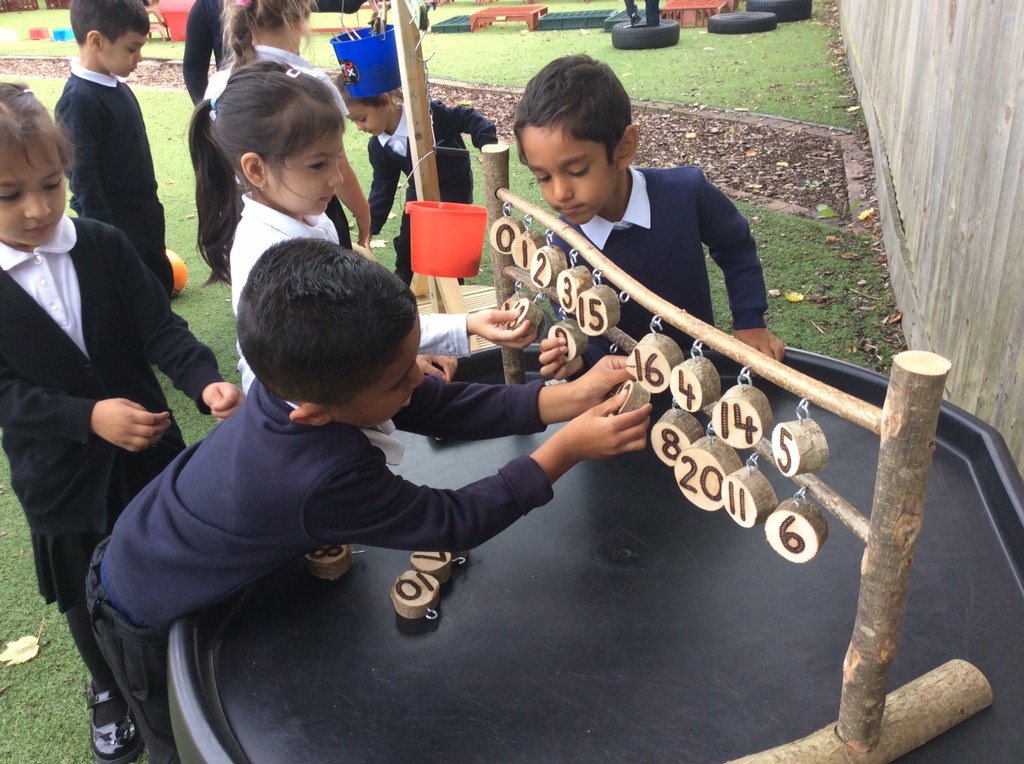
Key Stage 1 and 2
From Year 1 we use an approach in English and maths that uses a stage, not age approach called Mckie Mastery. This means that children may be in English and maths classes with children from other year groups. The range of ability is narrower in these 'Power Groups,' so that the teaching can be pitched at a level that challenges all children in the group. Teaching is planned from documents that set out the progression in concepts. An example of a progression document from maths, on block and bar charts, can be found at the bottom of this page.
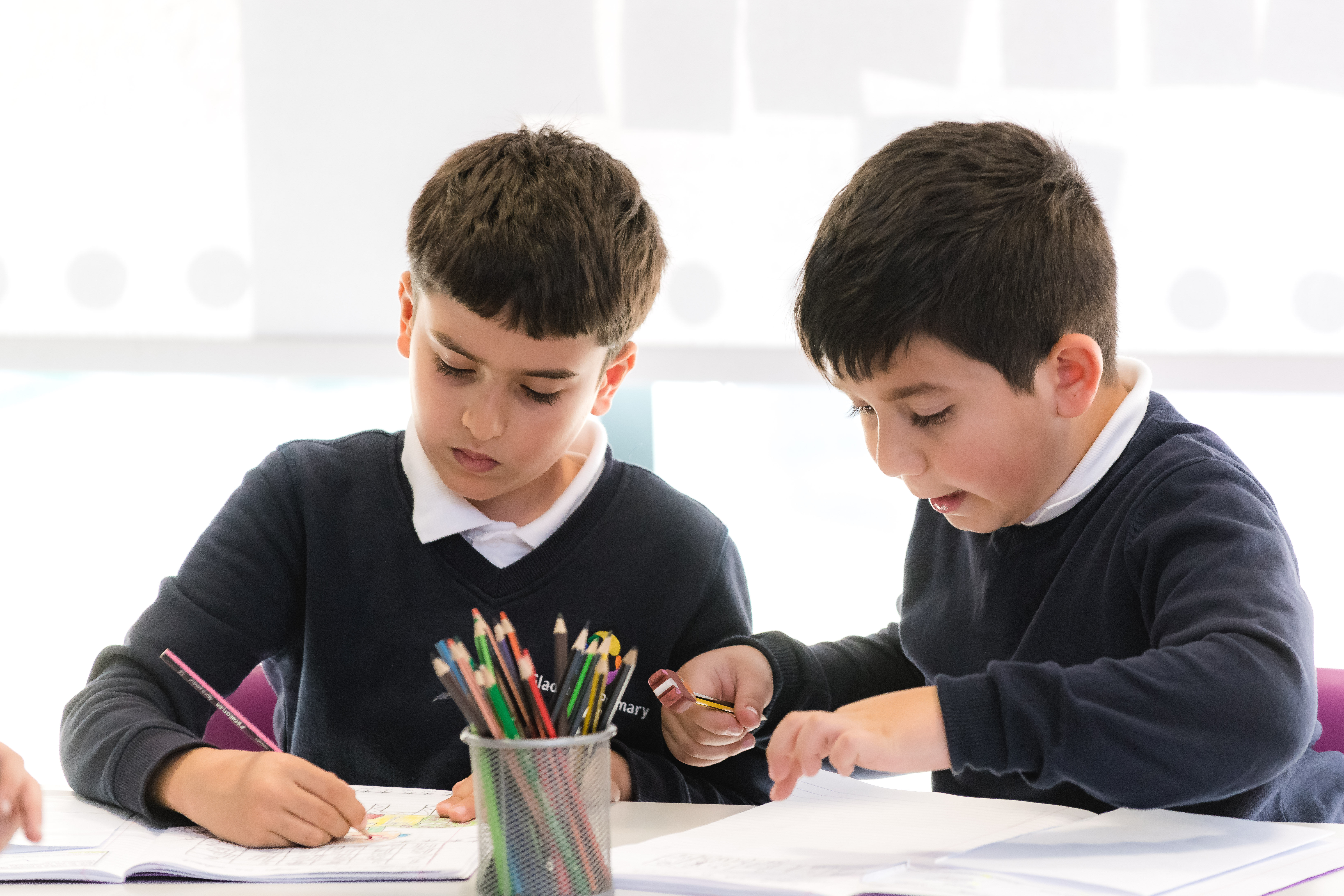
Each Mckie Mastery lesson is structured to promote children's engagement, leading to independence and better recall.
- Children will watch and listen to the teacher model and 'think aloud' the concept the children are learning.
- Children then will be guided through the learning by the teacher, with support from their class partner using carefully planned success steps to help them.
- Children then practise with their partner, teaching each other the concept and checking each other's work.
- Children then apply the new concept independently, without any support from a teacher or success steps.
Cooperative learning in the guided and partner practice ensures greater engagement with concepts being taught and these are embedded through;
- Talking with others helps pupils understand and remember concepts.
- Cognitive processing helps transfer information from short to long term memory.
- Interaction among children around appropriate tasks increases their mastery and retention of critical concepts.
- Children learn from one another because in their discussions of content cognitive conflicts will arise. Inadequate reasoning will also be exposed, and higher quality understanding will emerge
This approach is based on research by William Glasser, that found that we recall 95% of what we teach to someone else.
The pace of lessons is quick and children produce more work than in a standard class. We see children make rapid progress in Power Groups.
Subjects
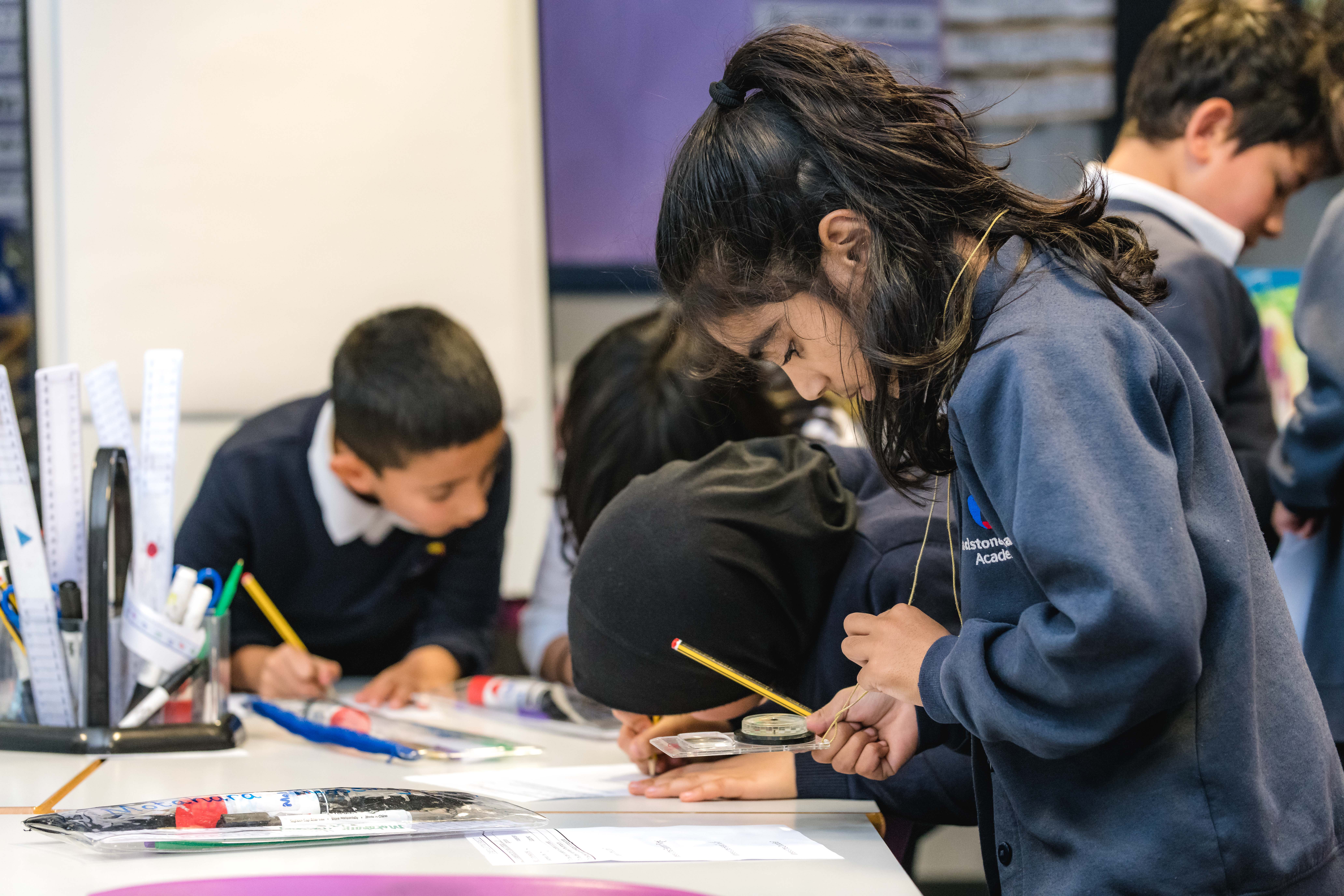
We have redesigned the rest of our curriculum, moving away from topics to individual subjects, so the knowledge and progression in learning for each subject is clear. Each subject has a knowledge framework that sets out the knowledge, skills, vocabulary and understanding. Please see the Other Subjects page for an overview of the content for each year group.
We have specialist teachers for music, art and PE (and Spanish in KS2). Children have the opportunity to learn from teachers who are knowledgeable and enthusiastic about their subjects. Specialist teachers ensure that children receive high-quality tuition in their subjects. An example of this can be found in Spanish, where we are currently the National Spanish Bee Champions.
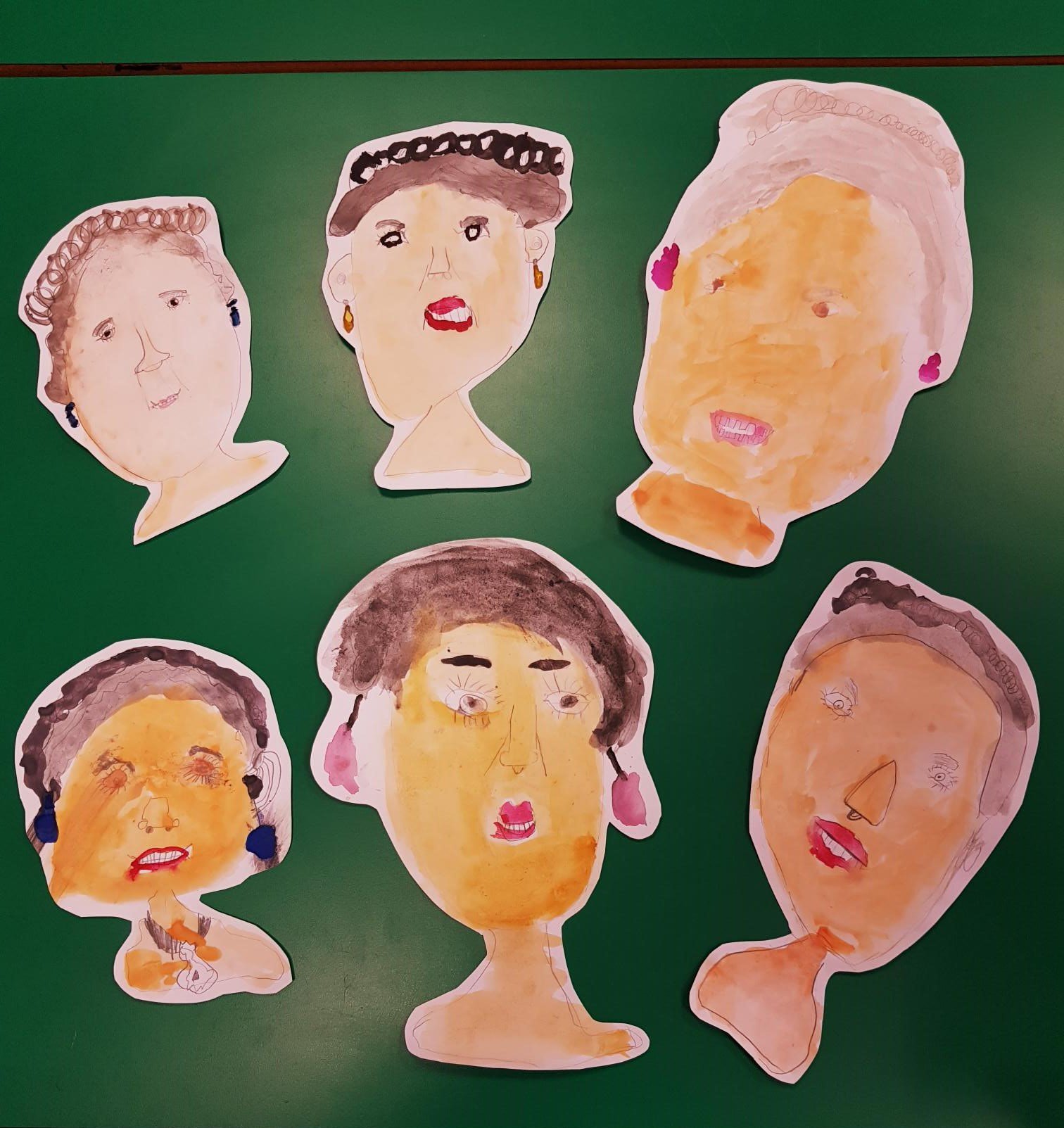
At Gladstone, we use a locally agreed syllabus to teach R.E. (Religious Education).
We follow the Cambridgeshire P.S.H.E. (Personal, Social, Health, Education) Scheme.
Enrichment Weeks
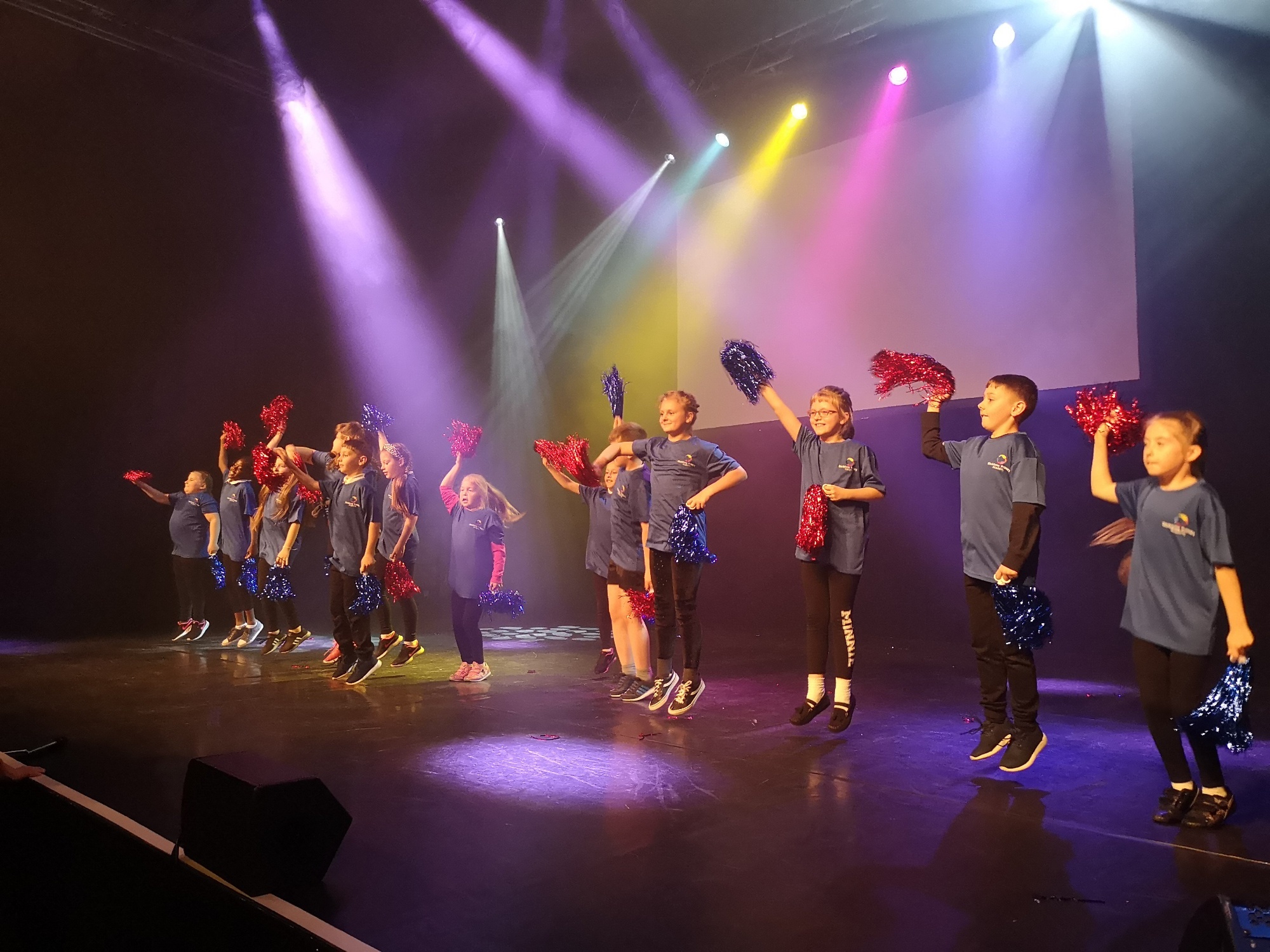
The Academy has an Enrichment Week each term. These are weeks when children have the entitlement to take part in different activities, projects and educational visits to support their learning in the classroom. These help build a range of memorable experiences for children linked with their learning and build cultural capital.
For more information regarding our curriculum, please contact office@gpa.education

